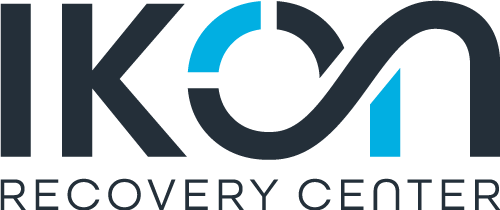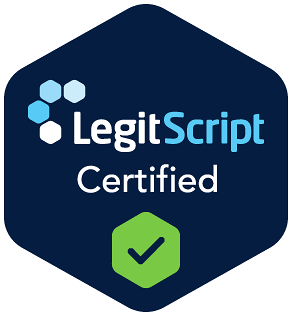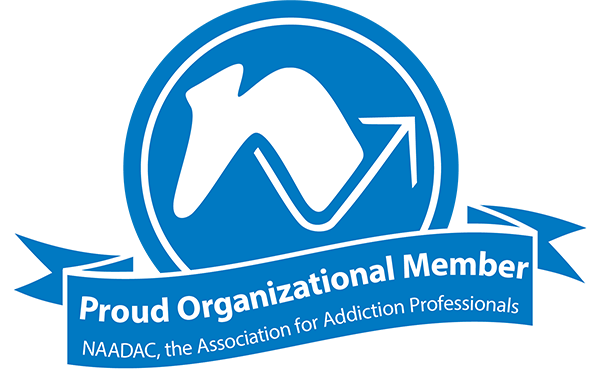[1] SAMHSA. (2022, September 27). The Case for Screening and Treatment of Co-Occurring Disorders. Www.samhsa.gov. Retrieved from https://www.samhsa.gov/co-occurring-disorders on November 27th, 2023
[2] Flynn, P. M., & Brown, B. S. (2008). Co-occurring disorders in substance abuse treatment: Issues and prospects. Journal of Substance Abuse Treatment, 34(1), 36–47. Retrieved from https://doi.org/10.1016/j.jsat.2006.11.013 on November 27, 2023
[3] MedlinePlus. (2019). Dual Diagnosis. Medlineplus.gov; National Library of Medicine. Retrieved from https://medlineplus.gov/dualdiagnosis.html on November 27, 2023
[4] National Institute of Mental Health. (2021). Substance use and co-occurring mental disorders. National Institute of Mental Health. Retrieved from https://www.nimh.nih.gov/health/topics/substance-use-and-mental-health on November 27, 2023
[5] McGovern, M. P., Lambert-Harris, C., Gotham, H. J., Claus, R. E., & Xie, H. (2012). Dual Diagnosis Capability in Mental Health and Addiction Treatment Services: An Assessment of Programs Across Multiple State Systems. Administration and Policy in Mental Health and Mental Health Services Research, 41(2), 205–214. Retrieved from https://doi.org/10.1007/s10488-012-0449-1 on November 27, 2023
[6] National Institute on Drug Abuse. (2018, August 15). Comorbidity: Substance Use and Other Mental Disorders. National Institute on Drug Abuse. Retrieved from https://nida.nih.gov/research-topics/comorbidity/comorbidity-substance-use-other-mental-disorders-infographic on November 27, 2023
[7] Cleveland Clinic. (2023). Dual Diagnosis: Definition & Treatment. Cleveland Clinic. Retrieved from https://my.clevelandclinic.org/health/diseases/24426-dual-diagnosis on November 27, 2023
[8] New Jersey Drug and Alcohol Abuse Treatment Substance Abuse Overview 2021 Statewide. (2022). Retrieved from https://www.nj.gov/humanservices/dmhas/publications/statistical/Substance%20Abuse%20Overview/2021/statewide.pdf on November 27, 2023
[9] Mental Health America. (2023). The State of Mental Health in America. Mhanational.org; Mental Health America. Retrieved from https://mhanational.org/issues/state-mental-health-america on November 27, 2023
[10] Larsen, J. L., Johansen, K. S., & Mehlsen, M. Y. (2022). What kind of science for dual diagnosis? A pragmatic examination of the enactive approach to psychiatry. Frontiers in Psychology, 13. Retrieved from https://doi.org/10.3389/fpsyg.2022.825701 on November 27, 2023
[11] SAMHSA. (2021). 2021 national survey of drug use and health (NSDUH) releases. Www.samhsa.gov. Retrieved from https://www.samhsa.gov/data/release/2021-national-survey-drug-use-and-health-nsduh-releases on November 27, 2023
